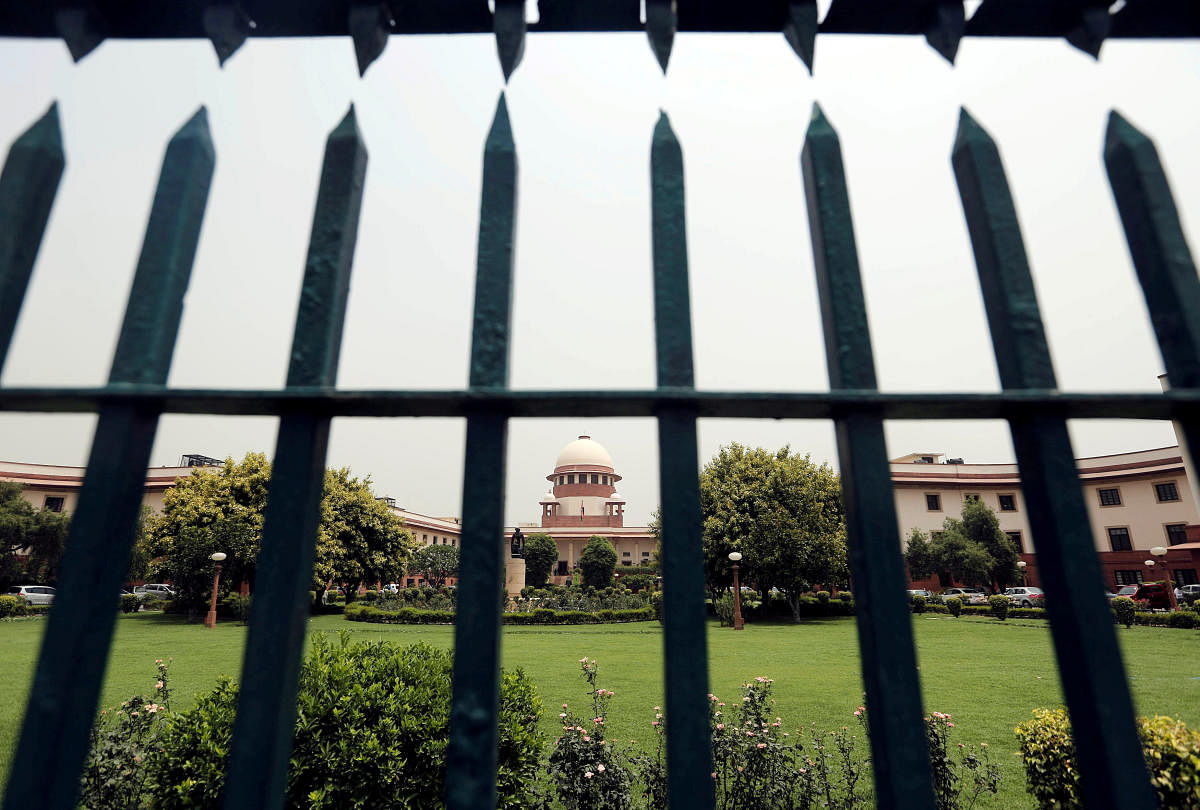The Supreme Court on Thursday ruled that the Central Government was empowered to nominate three members to the Legislative Assembly of Puducherry.
A bench of Justices A K Sikri, Ashok Bhushan and S Abdul Nazeer rejected two separate petitions filed by K Lakshminarayanan and S Dhanalakshmi against the Madras High Court's judgement of March 22 that dismissed their plea questioning the power of the Union government to nominate.
The top court said the nomination to the State Assembly is to be made by the Central Government by virtue of Article 239A of the Constitution read with Section 3(3) of the Government of Union Territories Act, 1963.
“No statutory rules or any delegation has been referred to or brought on record under which the administrator is entitled or authorised to make nomination to the Legislative Assembly of
the Union Territory of Puducherry in aid and consultation of the elected government,” the court said.
“The statutory provision does not give indication that nominated members have no right to vote on budget and no confidence motion against the government,” the court further held.
The Union government's Ministry of Home Affairs had on June 23 last year issued a notification, nominating V Saminathan, K G Shankar and S Selvaganabathy as MLAs to the 30-member Assembly, for which elections were held in 2016. The Congress party with 15 MLAs and support from one DMK and one independent formed the government.
Can't nominate
The petitioners led by senior advocates Kapil Sibal and Salman Khurshid contended the Union government can't make nominations without consulting the elected government, which was vital for federal structure and for fair procedure. It may result in destabilising cooperative federalism, they said.
“The concepts of cooperative federalism, collaborative federalism and pragmatic federalism as has been noticed by the Constitution Bench in State (NCT Of Delhi) (2018) essentially engraft the same concept, that is, for faithful discharge of functions, both Union and states have to follow constitutional principles and not encroach on the field reserved for other by the Constitution,” the court said.
Attorney General K K Venugopal contended the President should administer the Union Territory. Neither the Lieutenant Governor nor the Legislative Assembly can assert themselves in governing the union territory, he said.

